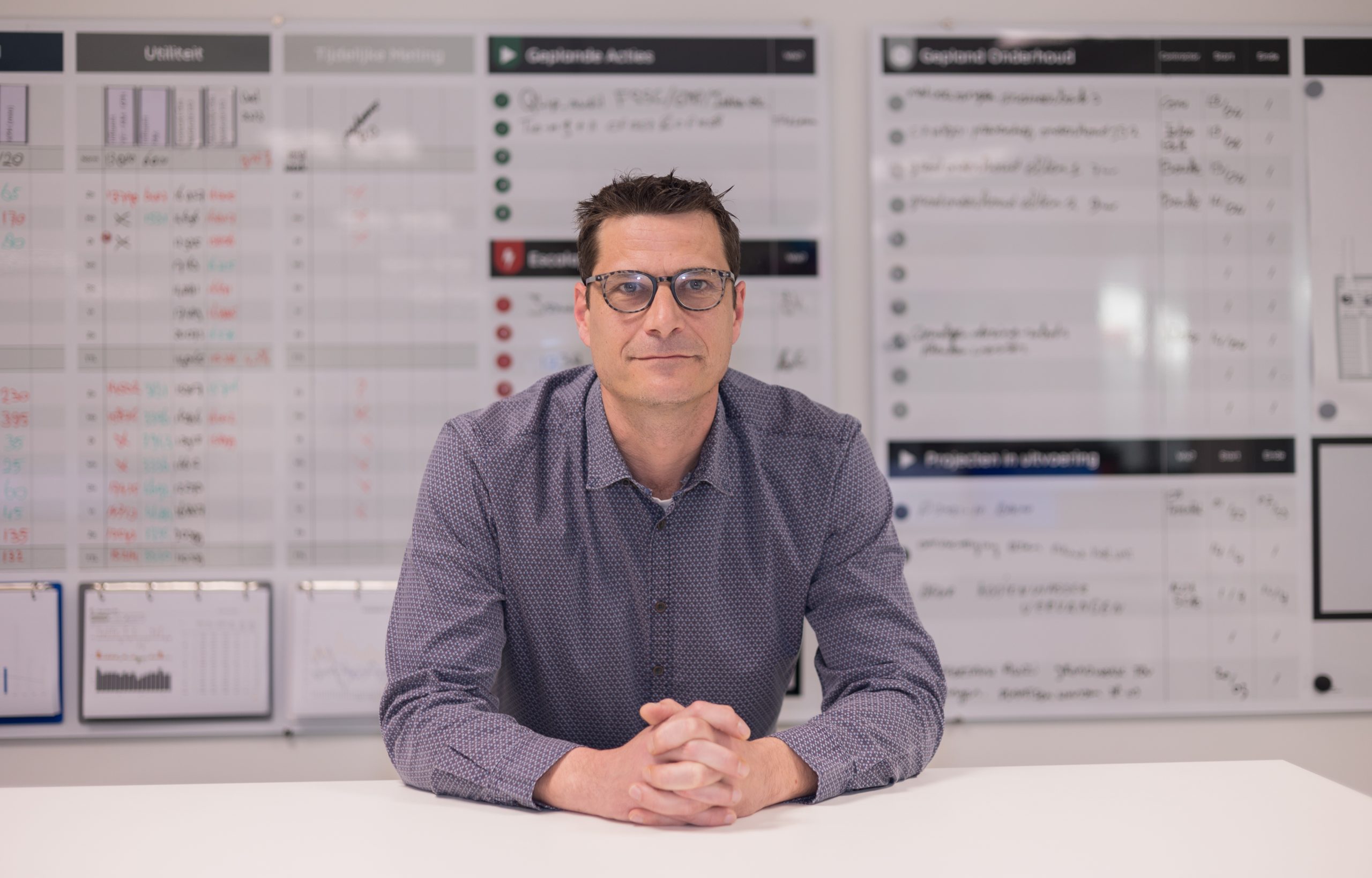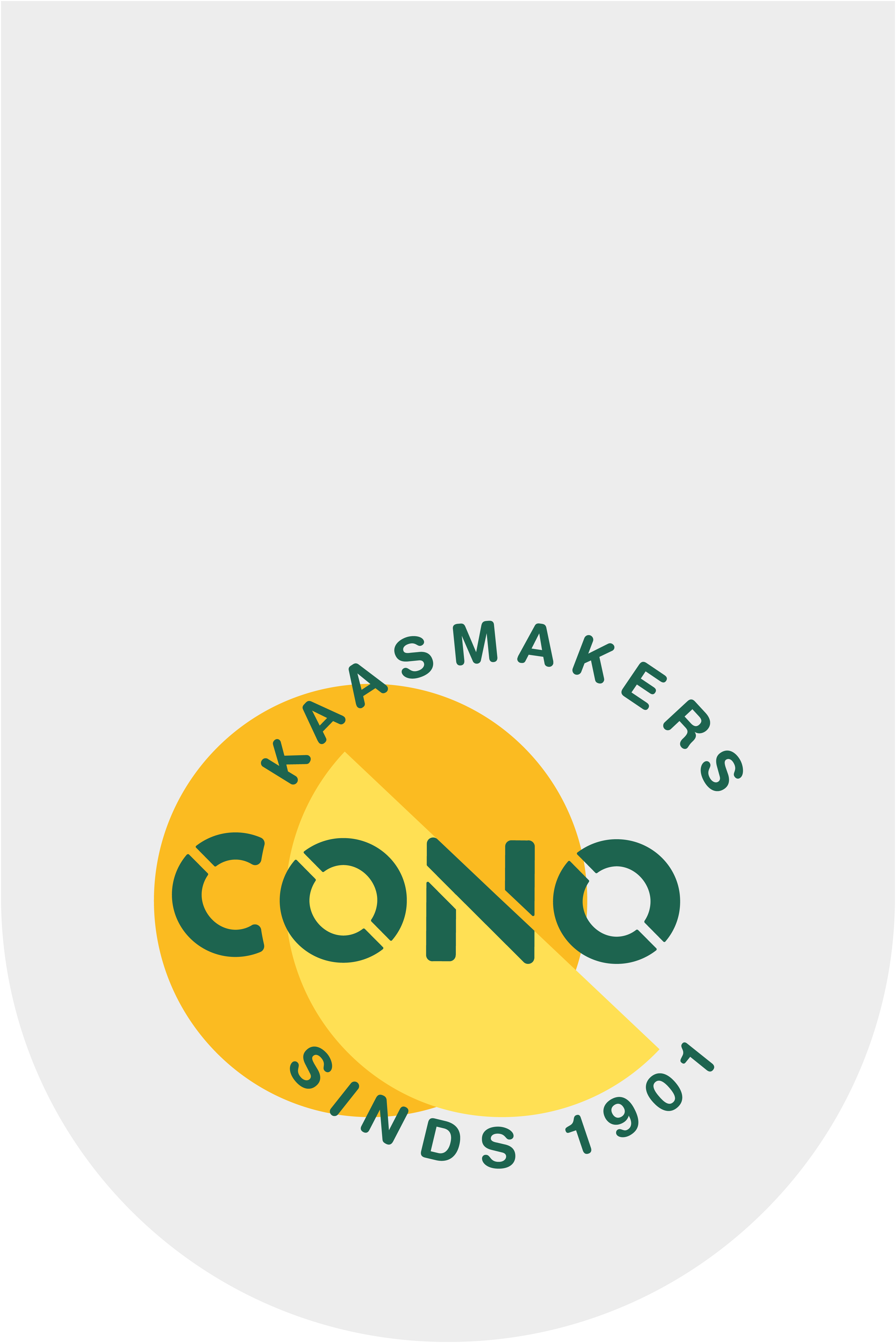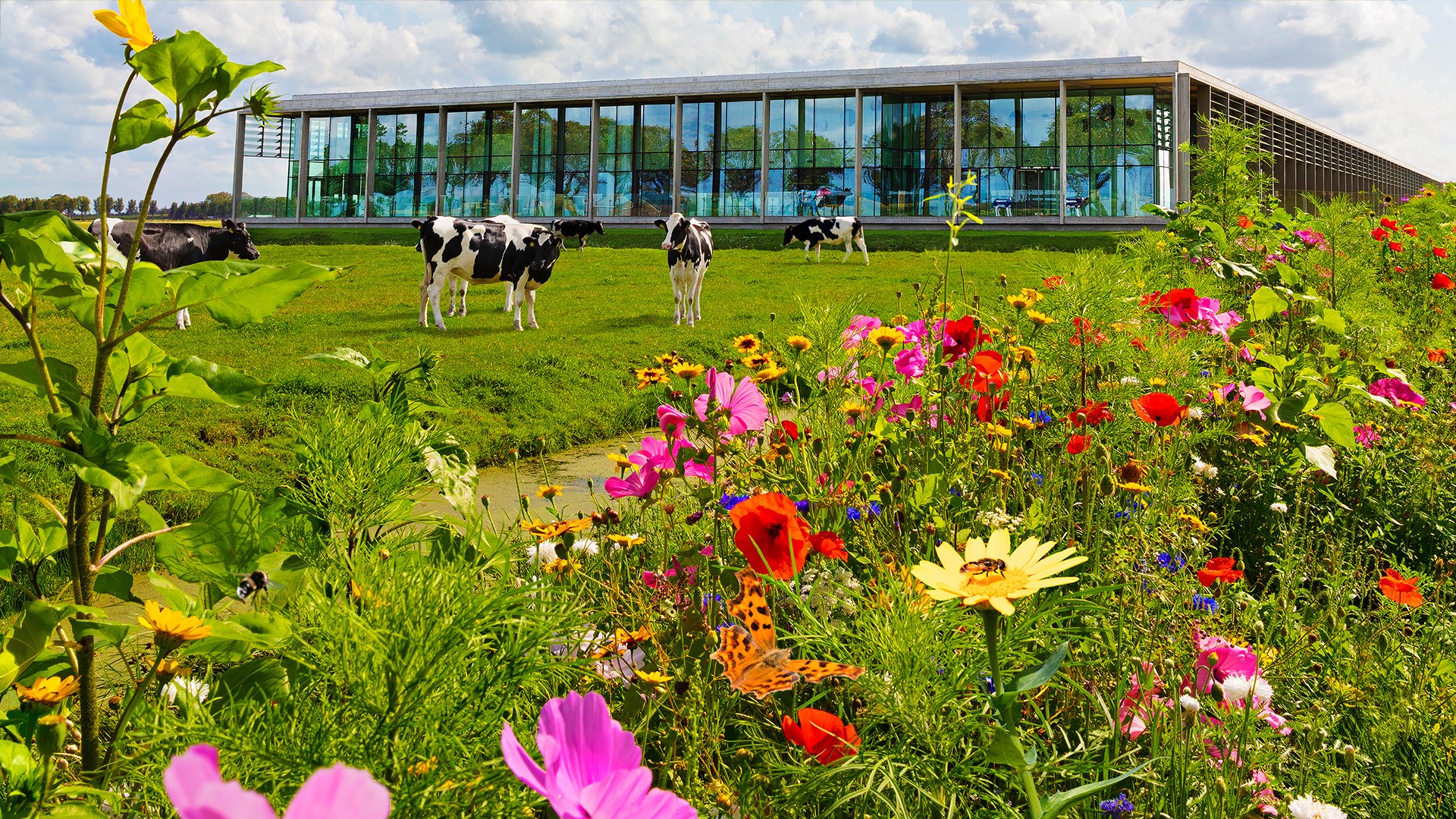"We are a water plant"
The climate is changing, sea levels are rising and groundwater levels are falling. So we need to use water together in an economical way. In the cheese factory of CONO Kaasmakers we have taken steps to reduce our water consumption. This is necessary, but not easy because a lot of water is needed in making cheese.
CONO takes in about as much water per year as all households in the Beemster combined, over 480 thousand cubic meters in 2022. That water is needed, among other things, for washing the curds, producing steam and rinsing the installations. At the same time, making cheese from milk also releases a lot of water.
Mark Boot is a process technologist at CONO and has been putting water management under the microscope since 2018: "Due to laws and regulations and the quality requirements we set for our products, we are forced to use water of drinking water quality when making our cheese. For the other water we need, for example for cleaning, we use so-called process water.
Ultimately, 1,900 cubic meters of used drinking water and process water goes through a pressurized sewer to the Water Board's water treatment plant every day. "They do say we are a cheese factory, but we are actually also a water factory," jokes Boot.
Efficient use of raw materials
The most efficient techniques were used in the construction of our cheese factory. Because making cheese requires a lot of water and energy and we prefer to do this in a way that is as efficient as possible. For example, since 2022 we have been able to make better use of the process water when rinsing the installations and we have better regulated our steam system. All in all, this saves us twenty thousand cubic meters per year. That's 20 million cartons of milk! "By following the right process steps and reusing the residual water we save on the use of drinking water" said Mark. "We took in almost 6 percent less water in 2022 compared to 2021."

Climate ambition CONO
CONO strives to be positive for future generations. This requires cooperation in the chain. In making cheese, CONO wants to achieve a 75% CO₂ reduction in order to reduce the footprint of cheese. CONO is also committed to CO₂ reduction in the rest of the chain from cow's mouth to store shelf. Remaining emissions are offset. On the farms of our own member farmers if possible, and further away if necessary.

